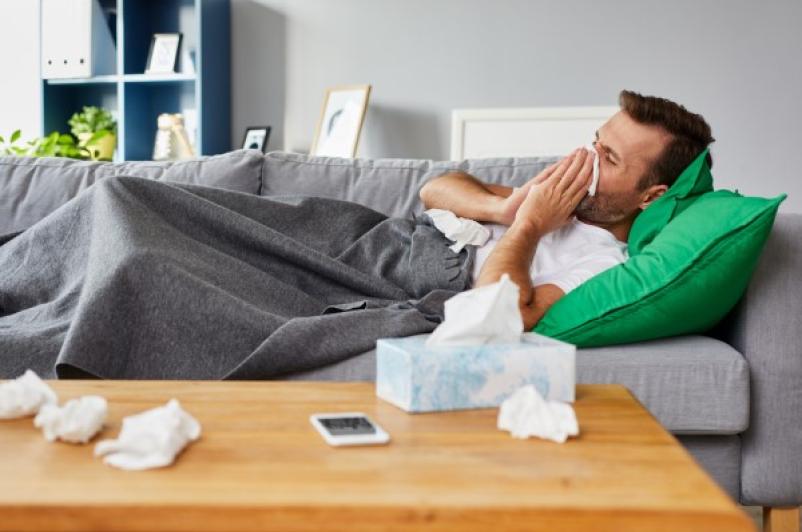

Take precautions against this cold-like virus
December 06, 2023
Hospitals and other healthcare settings nationwide this fall are reporting increases in cases of the respiratory syncytial virus (RSV), a major cause of respiratory illness.
It can affect both adults and children, with infants and older folks most likely to develop severe symptoms and require hospitalization.
Often, symptoms are mild and common-cold-like. Yet, particularly in young infants, who have tiny airways, the virus can cause their lungs to fill with mucus, making it difficult for them to breathe.
Other symptoms of infection in babies can include irritability, decreased activity and eating or drinking less, medical experts say.
People are typically infected with RSV for the first time as an infant or toddler, with nearly all children infected before their second birthday. Those infected are usually contagious for three to eight days, and may become contagious a day or two before they start showing signs of illness. RSV can live on surfaces for seven hours.
Symptoms can include runny nose, decrease in appetite, coughing, sneezing, fever and wheezing.
You can take everyday precautionary measures to reduce the spread of RSV, such as these:
- Stay home when you’re sick.
- Cover your coughs and sneezes with a tissue or your shirt sleeve, not your hands. Avoid touching your face with unwashed hands.
- Wash your hands often with soap and water for at least 20 seconds.
- Avoid close contact with others, such as kissing, shaking hands, drinking from the same cup or sharing eating utensils.
- Clean frequently touched surfaces, such as doorknobs and mobile devices.
- Dispose of tissues correctly, and immediately clean your hands. It is unfortunately easy to contaminate yourself.
- Healthful habits, like drinking fluids, eating right and getting enough sleep, can have a powerful and beneficial effect.
If you have questions or concerns about RSV for yourself or your family, talk with your physician or advanced practice provider.

